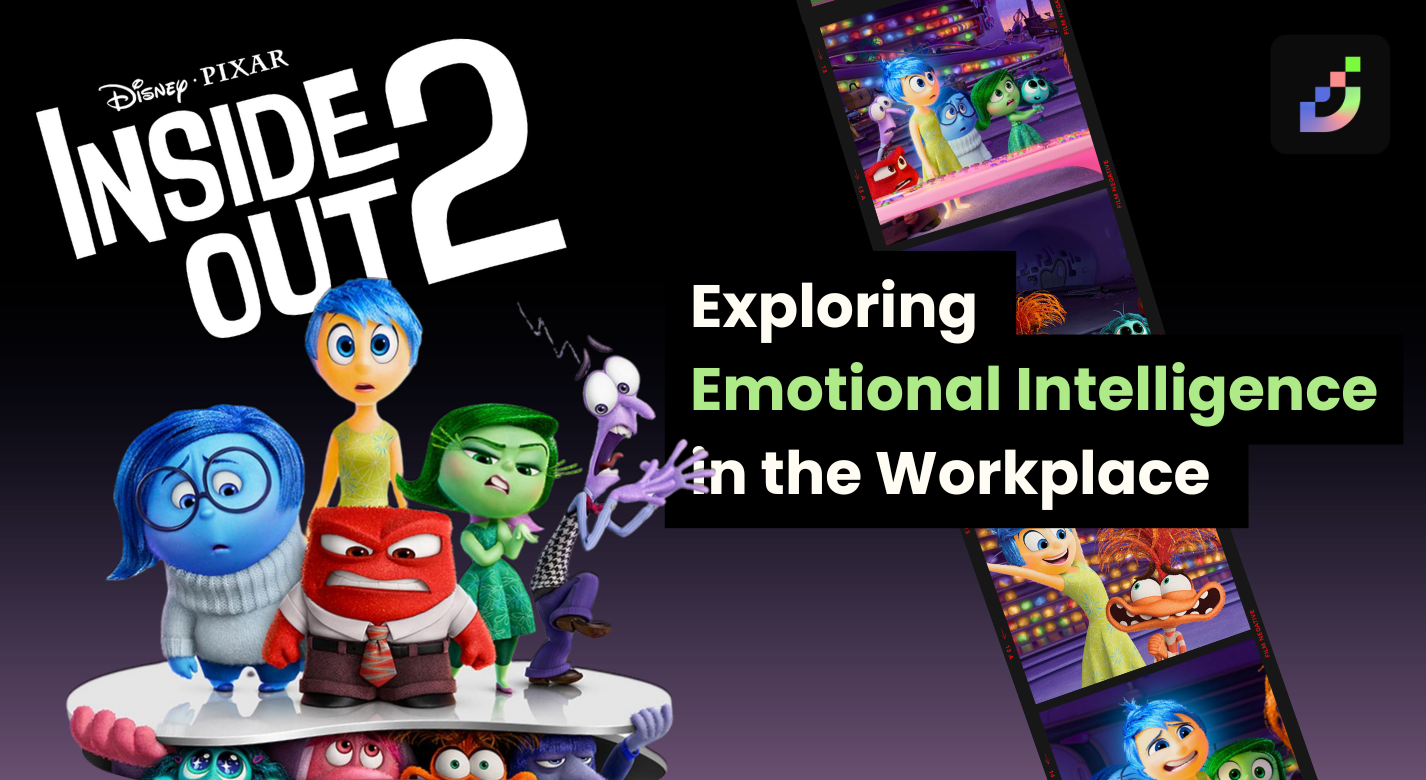Personality Types and MBTI
There are many different personality types, and they can be classified using various methods, such as the Archetype Test, DISC, and MBTI (Myers-Briggs Type Indicator). MBTI is one of the most popular tools for analyzing personality and understanding individual traits. It helps people gain deeper insights into themselves and others by categorizing personalities into 16 different types.
What is MBTI?
MBTI, or the Myers-Briggs Type Indicator, is a test that helps individuals identify their personality type. It categorizes personalities based on four main pairs of behavioral preferences:
- E (Extraversion) vs. I (Introversion): Focus on the external world vs. internal thoughts.
- S (Sensing) vs. N (Intuition): Gathering information through experience vs. imagination.
- T (Thinking) vs. F (Feeling): Decision-making based on logic vs. emotions.
- J (Judging) vs. P (Perceiving): Preference for structure vs. flexibility in life.
By combining these traits, MBTI defines 16 unique personality types, each with distinct characteristics that help individuals better understand their behaviors, work styles, and interactions with others.
16 MBTI Personality Types
- ISTJ (The Inspector): Responsible and organized, prefers clear, structured tasks and dislikes uncertainty. Analytical, punctual, and avoids procrastination.
- ISFJ (The Protector): Detail-oriented and caring, dedicated to helping others. Highly patient and committed to achieving goals.
- INFJ (The Advocate): Passionate about values and helping others, creative, open-minded, and has a strong personal character.
- INTJ (The Architect): Excellent at planning and goal-setting, but prefers solitude. Suitable for careers in science and strategy.
- ISTP (The Virtuoso): Enjoys hands-on experimentation and challenging activities, values independence, and dislikes strict rules.
- ISFP (The Composer): Highly creative and artistic, enjoys living a spontaneous and enjoyable life.
- INFP (The Mediator): Deep thinker with a strong desire to help others, excellent communication skills.
- INTP (The Thinker): Interested in theoretical concepts and philosophy, enjoys analyzing facts but tends to overthink.
- ESTP (The Dynamo): Energetic, loves challenges, highly observant, and detail-oriented.
- ESFP (The Performer): Fun-loving and sociable, but highly sensitive to others' emotions.
- ENFP (The Campaigner): Creative and passionate about their work, easily makes friends due to their adaptability.
- ENTP (The Debater): Enjoys debating, comparing ideas, and discussing different viewpoints. Highly intelligent and observant.
- ESTJ (The Executive): A natural leader with a strong sense of order and clear decision-making. However, may not be highly sensitive to others' feelings.
- ESFJ (The Consul): Loves helping others and is an excellent advisor in both professional and personal matters.
- ENFJ (The Protagonist): Dedicated to developing others and leading teams but sometimes overly concerned about others' feelings.
- ENTJ (The Commander): A strategic, determined leader with strong decision-making skills.
Why is MBTI Important?
MBTI helps individuals understand how people perceive and process information, make decisions, and navigate life. It enhances:
- Teamwork: Improves communication and collaboration in the workplace.
- Personal Relationships: Helps individuals understand behaviors and expectations in close relationships.
- Self-Development: Encourages better decision-making and career choices.
What is the Rarest MBTI Type?
According to Wikijob, INFJ is the rarest MBTI type, making up only 1.5% of the population.
INFJs, known as "The Advocate," are excellent listeners and deeply thoughtful individuals. They are highly aware of how their actions affect others, making them great collaborators. However, they may sometimes appear overly reserved in social settings and need encouragement to express their thoughts.
Applying MBTI in Daily Life
- At Work: Understanding personality types improves communication and teamwork efficiency.
- In Relationships: Helps recognize and respect differences in how people think and behave.
- For Self-Improvement: Knowing your personality type allows for better life and career decisions.
Pros and Cons of MBTI
Pros:
✅ Increases self-awareness and understanding of others.
✅ Useful for personal and professional development.
✅ Helps individuals choose careers that suit their personality.
Limitations:
❌ May not capture all aspects of personality.
❌ The forced-choice format might not accurately represent some individuals.
Understanding the MBTI system allows individuals to gain deeper insights into themselves and others. Identifying your MBTI personality type can help enhance relationships, work efficiency, and decision-making in life. MBTI is a valuable tool for self-improvement, promoting effective communication, and fostering collaboration for a more fulfilling and successful life.








